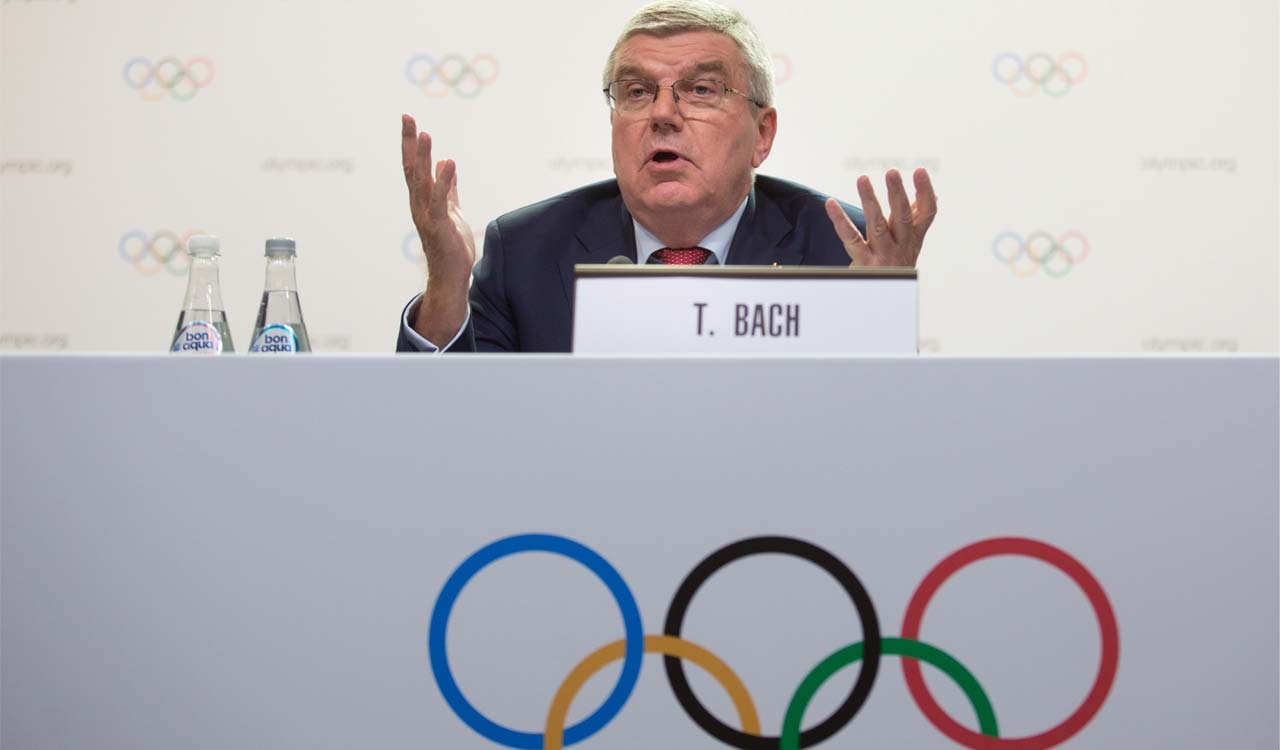According to Xinhua, the IOC has been at the forefront of researching Relative Energy Deficiency in sport (REDs), a condition that impacts various bodily systems and functions, including athlete performance.
Updated On – 11:13 AM, Fri – 29 September 23

Geneva: The International Olympic Committee (IOC) has published a new Consensus Statement aimed at protecting athletes’ health.
The consensus was published in the British Journal of Sports Medicine and centered on Relative Energy Deficiency in Sport (REDs), a syndrome affecting health and performance caused by a mismatch between calories eaten and burned during exercise, the IOC said.
The IOC said it had led the way in research into REDs, which affects multiple body systems and functions as well as athlete performance, and was first recognized as a distinct entity by the IOC in 2014, reports Xinhua.
The statement found that “the syndrome often goes unrecognized by athletes themselves and their coaches and team clinicians, and may be unintentionally exacerbated by ‘sports culture’ due to the perceived short-term performance gains from limiting calorie intake.”
“REDs is common in both male and female athletes in many sports, and although we understand a lot more about its causes, awareness of the syndrome, and its consequences for health and performance, is still low among athletes, their medical and performance support teams, and the general public,” said professor Margo Mountjoy, IOC Medical and Scientific Commission Games Group member and the statement’s lead author.





